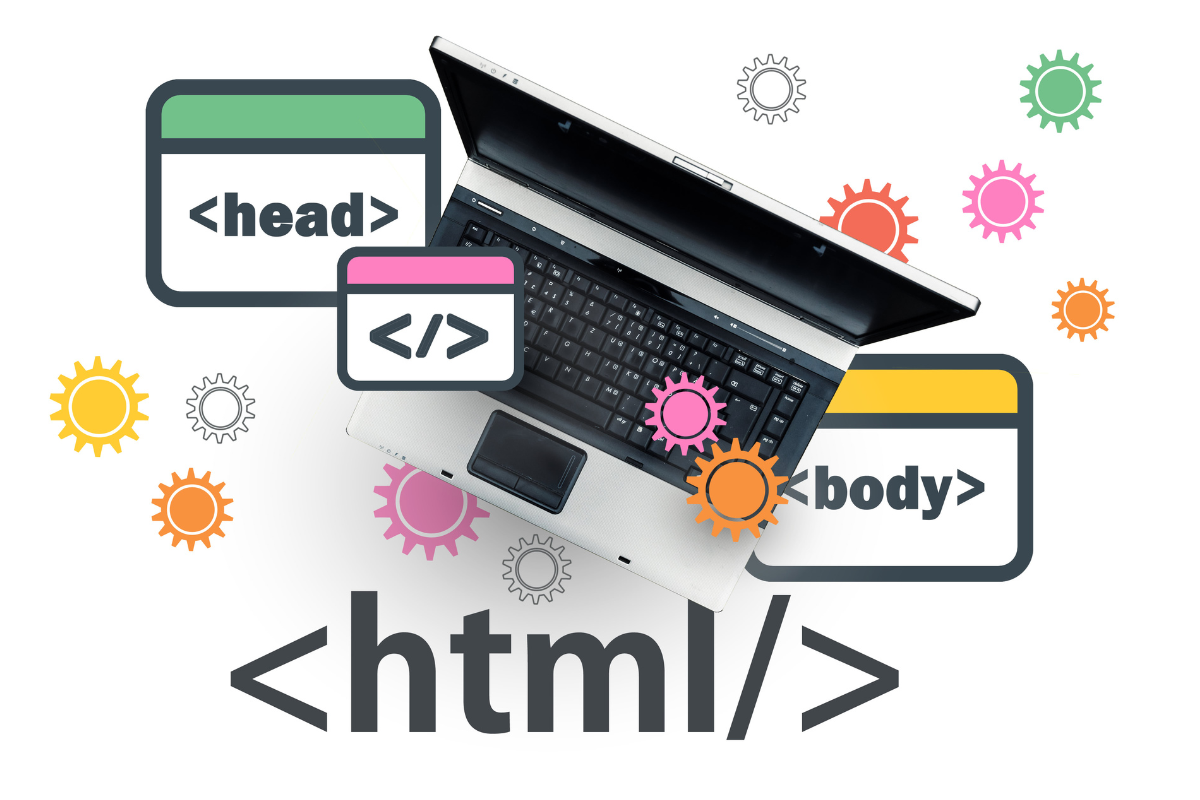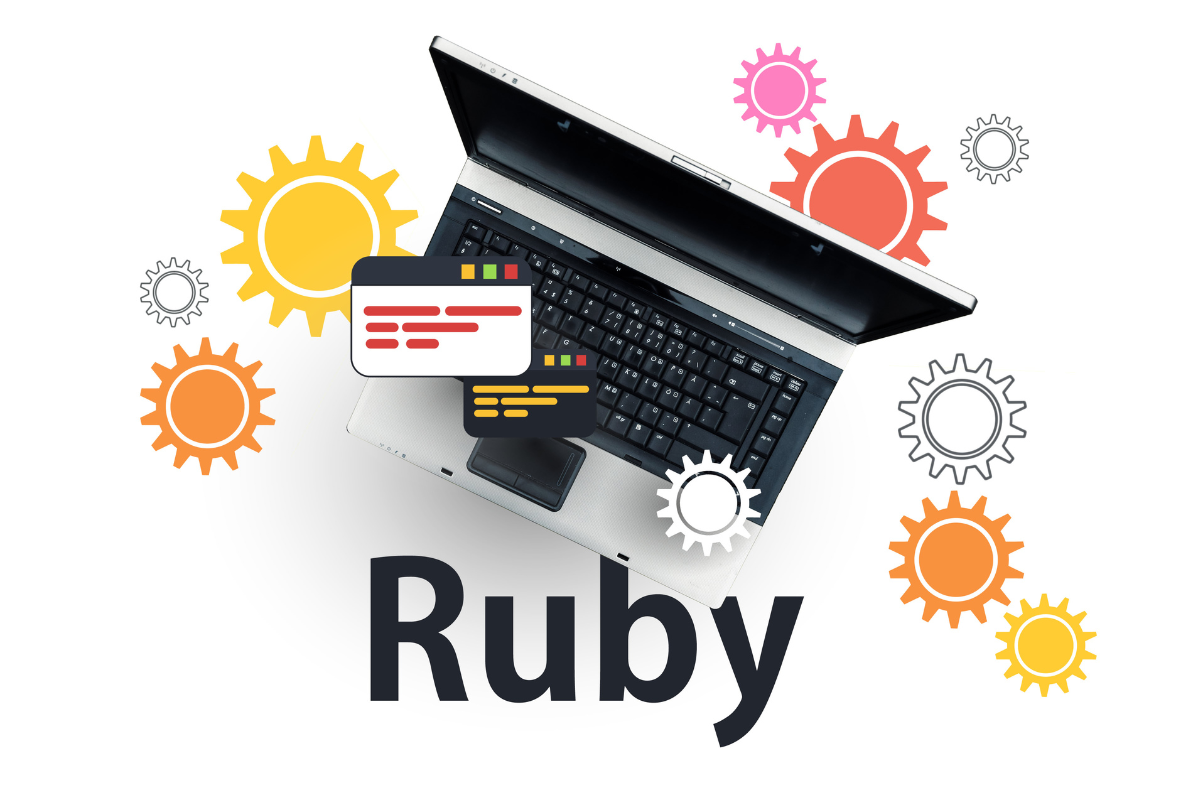Most people think that they know the Internet well… as well as they need to know it. However, what most of us know is purely surface level.
We open it up, type in exactly what we want and within a few moments it’s there, right in front of us.
However, what goes on in that few moments is more than the brain could possibly comprehend. This is an intricate web of interconnected digital spaces that facilitates communication, information sharing and a multitude of online activities.
At its core, this vast network relies on a diverse array of coding languages to help it function seamlessly and deliver the myriad experiences we have come to expect.
These languages serve as the building blocks – and enable developers to create websites, applications and all of the different services that power the online world.
In order to enter the world of the internet, and to be able to start creating your own sites from scratch, there are certain coding languages that need to be learnt.
From foundational languages to specialised tools, the Internet’s reliance on coding languages is undeniable.
HTML (Hypertext Markup Language)
HTML is the backbone of the Internet -and many that aren’t involved in software development have at least heard of it.
This is responsible for providing the structural framework for web pages. It uses tags to define elements such as headings, paragraphs, images, links and more. By specifying the structure of content, HTML allows us to interpret and display web pages correctly.

HTML5 and CSS3
HTML5 introduces new elements and features, while CSS3 enhances design capabilities. These technologies contribute to modern web development by enabling multimedia integration and responsive design.
We are now living in a mobile-first world and this technology is used by those that are relying on being able to offer a mobile-first experience – particularly in the online gambling realm.
If you are looking to bet on the latest MMA match at Boylesports for example, it is used to ensure that you can enjoy the best experience on its website no matter what size your device. It allows the page to adapt to the size and resolution of whatever screen it is being opened on.
CSS (Cascading Style Sheets)
CSS works alongside HTML and it is there to help enhance the visual presentation of the different web pages. It is used to control the layout, colours, fonts and other design aspects of the pages.
CSS also separates content from presentation, which, in turn, allows developers to create thematically consistent and visually appealing user interfaces.
JavaScript
JavaScript is a very versatile and widely-used scripting language in web development. Known widely as JS, it enables interactive and dynamic elements on websites, which allows developers to create a more responsive user experience.
As a client-side language, JavaScript runs in web browsers, making it essential for creating better user interfaces, handling events and communicating with servers in real-time.
This is one of the most widely used coding languages used for creating apps that are both engaging and functional.
Python
Next, we have Python, which is a high-level programming language known for its readability and versatility.
Generally, it is preferred by developers because of its concise syntax and extensive libraries, which streamline the development process.
Python’s applications span from web development and data analysis to artificial intelligence and automation.
What’s more, its user-friendly nature makes it more accessible to beginners, while its capabilities in handling complex tasks mean that it now has a prominent place in various industries, particularly in the finance industry, contributing to its widespread adoption in modern software development.
PHP (Hypertext Preprocessor)
PHP is a server-side scripting language that is commonly used for web development. Because it has the ability to generate dynamic web content and interact with databases, it means developers can create more feature-rich and interactive websites.
Also, PHP can seamlessly integrate within HTML, which makes it a versatile choice for those seeking to create more dynamic user interfaces.
Its extensive libraries, widespread support and integration capabilities with various databases have made it an important tool for building dynamic and solid web apps.

Ruby
Ruby is an incredibly dynamic and object-oriented programming language that is popular because of its simplicity and elegance.
Often associated with the Ruby on Rails framework, it accelerates web development by emphasizing convention over configuration.
Ruby’s expressive syntax ensures more readable and efficient code, which improves developer productivity. What’s more, its versatility goes beyond web applications – to scripting, automation and even more.
Java
Java is a versatile programming language which has become renowned for its “write once, run anywhere” philosophy.
As such, it is used in various domains, from web development to Android app creation – and its platform independence means that it is compatible across all different systems.
Java’s ability to handle more complex tasks, ensure complete security and ability to deliver high-performance apps has made it one of the cornerstones in software development.
Swift
Swift is a modern, open-source programming language that was developed by Apple and, as such, it is primarily used for building iOS, macOS, watchOS and tvOS apps.
Swift has been created to offer a more concise and expressive syntax that enhances code readability and developer efficiency.
In addition, it incorporates safety features that help to prevent errors and improve reliability – making it a good choice for creating more user-friendly apps.
Swift’s seamless integration with Apple’s frameworks and tools has certainly helped to increase its popularity among developers that are looking to create more engaging and innovative experiences for Apple devices – and their users.
This is just a few of the coding languages used. As well as those mentioned above, we could also mention SQL, C# (C-Sharp), Node.js, Go (Golang), Django, ASP.NET, React, Angular, Vue.js, Perl, Scala, Rust, TypeScript and more.
Right now, the Internet relies on a multitude of coding languages that all help to power its vast array of services, apps and content.
From the foundational HTML and CSS to the more dynamic capabilities of JavaScript and the specialized tools of Python, PHP, Ruby, and more, every single language plays a key role in shaping the online world as we know it today.
As technology moves forward and the world keeps progressing, it is certain that more innovative and effective coding languages will become a part of the Internet world very soon.